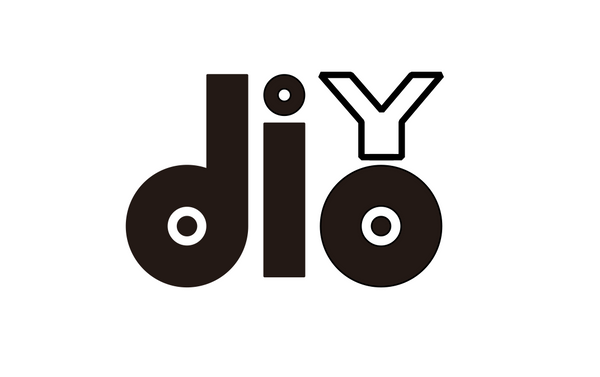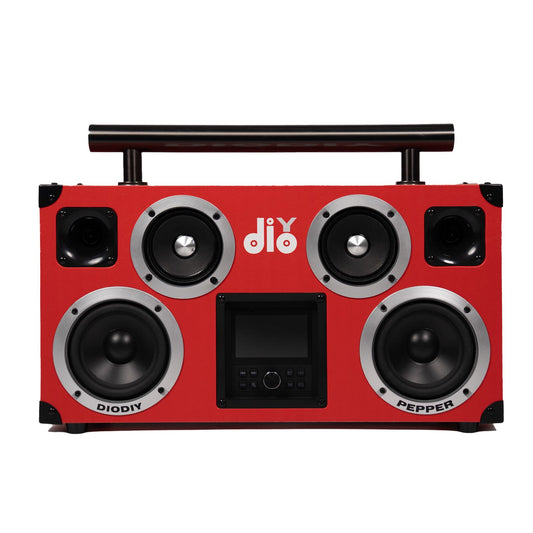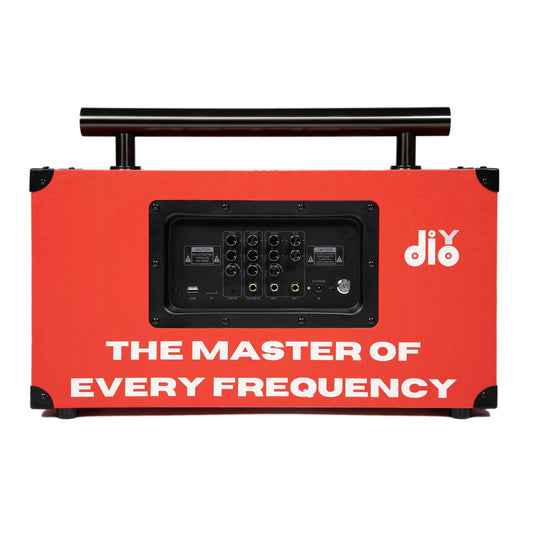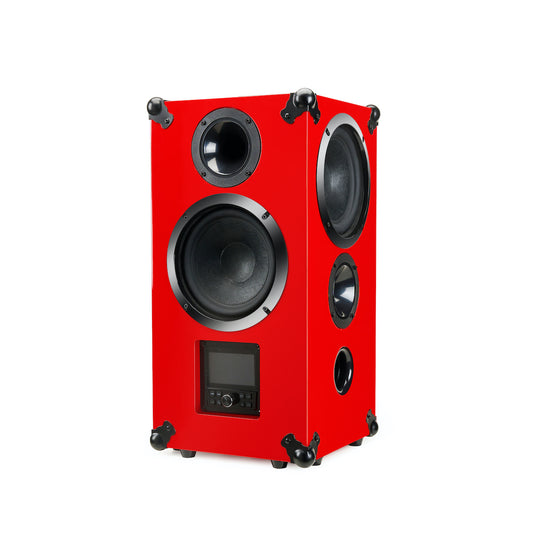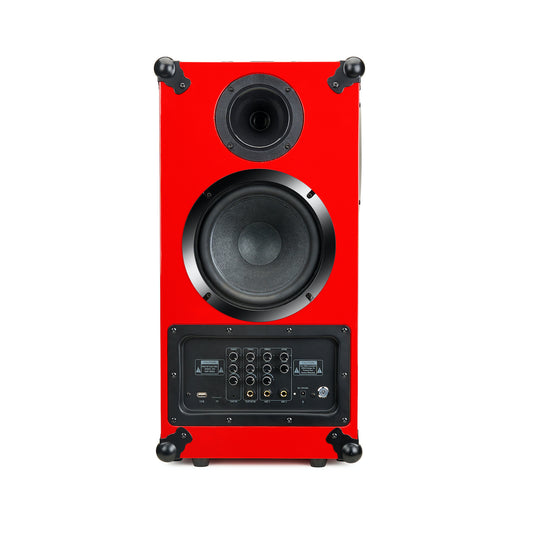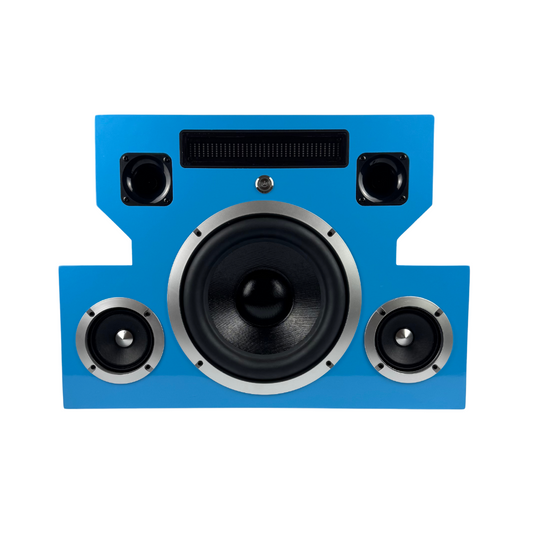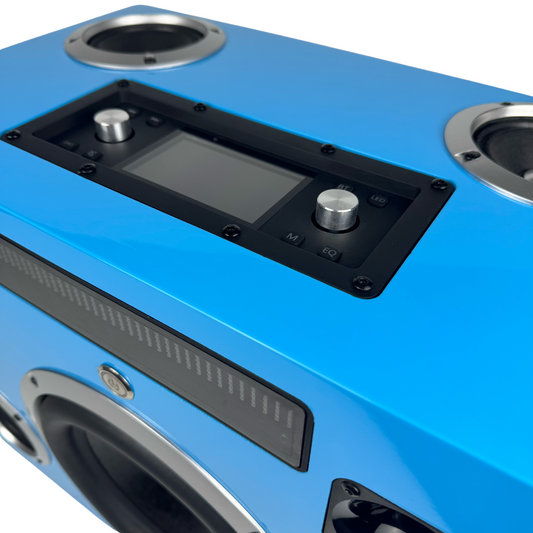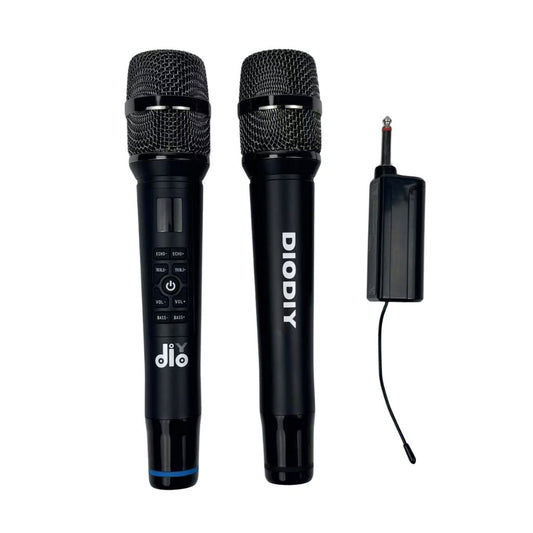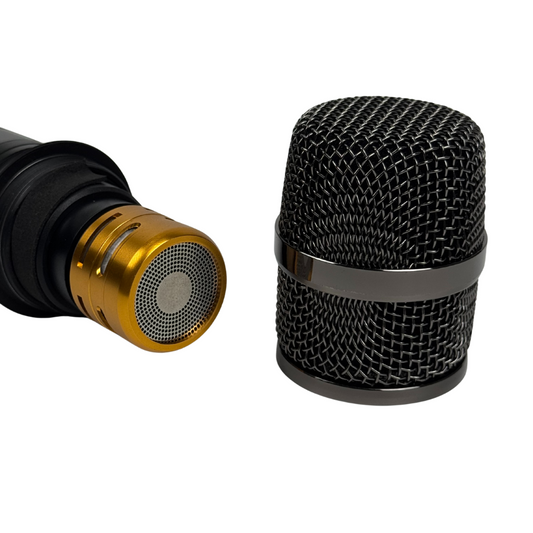
U.S.-China Tariffs: Impact & Solutions for Importers
Share
In April 2025, trade relations between the United States and China took a sharp turn as both countries imposed major tariff hikes. The U.S. introduced a 125% tariff on a wide range of Chinese goods, prompting China to respond with an 84% retaliatory tariff on U.S. products (CBS News, 2025). These developments are already affecting businesses engaged in international commerce, especially those importing high-demand products like Bluetooth speakers.
For U.S. companies sourcing goods from China, the increased tariffs translate into higher import costs, reduced supplier flexibility, and greater pressure on retail pricing. Chinese factories are finding it increasingly difficult to offer discounts as their production margins shrink under the new trade terms (Wei, 2025). This is creating tension throughout global b2b trade, particularly in the consumer electronics space.
Implications for U.S. Importers
Businesses importing from China—especially in industries like tech, audio, and personal electronics—now face complex decisions about whether to absorb costs, adjust pricing, or seek alternative suppliers. The impact is not just financial. It extends to planning, forecasting, and customer retention. When suppliers increase minimum order requirements or reduce flexibility, importers lose negotiating power.
This is especially true in fast-moving industries like Bluetooth audio, where product lifecycle and consumer expectations evolve quickly. Having a stable, adaptive manufacturer becomes more important than ever.
Our Commitment Amidst Challenges
At DioDIY, we fully acknowledge that the rising tariffs impact both our clients and our own operations. As a factory-direct bluetooth speaker manufacturer, we are affected by these policy shifts—but we firmly believe that solutions are always more abundant than problems.
Rather than passively absorb the situation, we’ve been proactive in working with our clients to find ways to minimize disruptions and keep their businesses strong.
Collaborative Strategies for Mutual Benefit
Here are some of the ways we’re actively helping our clients during this transition:
-
Transparent Communication: We openly discuss the implications of tariffs with each buyer so we can jointly develop the best action plan.
-
Flexible Pricing Models: By reviewing volume, components, and design choices, we aim to keep your wholesale bluetooth speaker orders profitable.
-
Exploring Alternative Logistics: We investigate multiple freight options, import strategies, and timeline adjustments to help reduce your landed costs.
-
Product Customization: By fine-tuning features and production materials, we create models that maintain high value while fitting tighter budgets.
Looking Ahead
While the trade environment is more complex than ever, it also pushes us to improve, innovate, and strengthen our partnerships. These kinds of challenges are not new to international wholesale speaker businesses—but they always present opportunities for creative thinking and collaborative problem-solving.
We are here to listen to your concerns, offer our insights, and tailor a win-win solution that helps your business grow despite external challenges.
Let’s Collaborate
If you're navigating the rising U.S.–China tariffs and uncertain about your next steps, let’s talk. DioDIY is more than a manufacturer—we’re a partner. We’re confident that by working together, we can overcome current obstacles and create long-term value for both sides.
References
CBS News. (2025, April 9). China hits U.S. with retaliatory tariffs up to 84% after Trump's 125% hike. https://www.cbsnews.com/news/china-tariffs-84-percent-retaliatory-tariff-us-products-trump-104/
Wei, L. (2025, April 9). As U.S. buyers cancel orders, Chinese factories say no more discounts. The Wall Street Journal. https://www.wsj.com/world/china/as-u-s-buyers-cancel-orders-chinese-factories-say-no-more-discounts-de09182d
